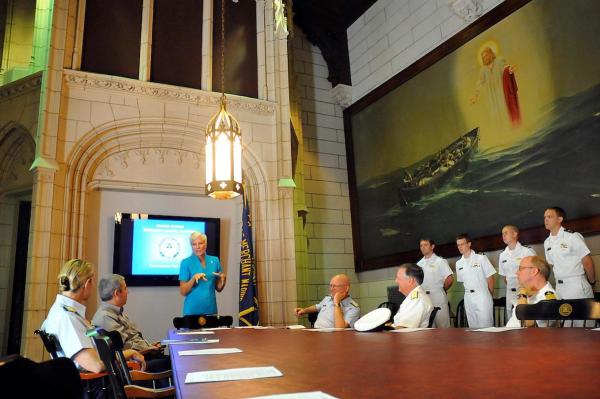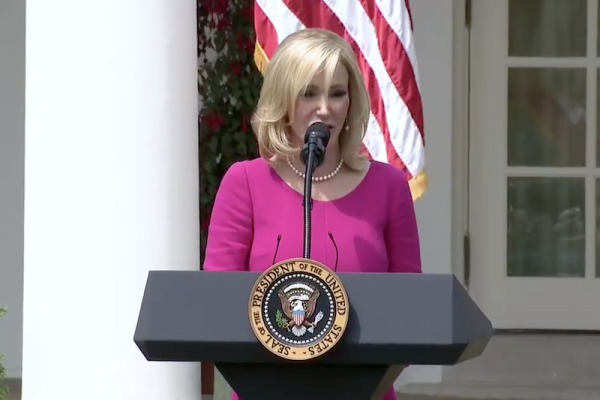House Vote Increases Prospect of Government Shutdown
The House Wednesday rejected a stopgap spending bill that would have put to rest fears of a government shutdown on Oct. 1. A total of 182 Democrats were joined by 48 Republicans in opposing the measure, albeit for very different reasons.
House Democrats were unhappy that the bill provided only $3.65 billion in federal disaster aid – compared to $6.9 billion the Senate approved last week – and that the outlay would be offset by cutting a federal loan subsidy for electric cars.
The lower chamber’s Republican deficit hawks were displeased because they did not think the stopgap measure went far enough in cutting spending, as only $1 billion of the $3.65 billion for disaster aid would be offset by cutting the electric car subsidy, the New York Times reported.
Meanwhile, the revolt by the 48 rank-and-file Republicans means that House Speaker John Boehner, R-Ohio, and the rest of the House leadership have two days to cobble together a new piece of legislation that can win back the House Republican defectors and avert the looming government shutdown. The House is not in session next week.
The House impasse over the stopgap spending bill almost certainly reminds Americans of the recent contentious debate on Capitol Hill over the federal debt ceiling. But while the issues are somewhat related, they also are different.
The near-shutdown of the federal government Aug. 2 occurred because the federal government reached its debt limit of $14.2 trillion and needed congressional authorization to borrow money to satisfy the government’s obligations – including interest owed on the national debt, Social Security and national defense.
The looming government shutdown on Oct. 1 is attributable to Congress’ failure, so far, to pass any of its 12 annual spending bills. That necessitates temporary spending legislation to fund government operations beyond Friday.
It remains to be seen if the House can bridge its partisan divide over the next two days, based on comments of Republican and Democratic leaders who figure prominently in the current stalemate.
“While Congress has an undeniable obligation to thoroughly address our nation’s disaster relief needs, we can no longer afford to simply throw money at calamities and then ask the hard questions later,” said Rep. Robert Aderholt, R-Ala., one of the authors of the rejected stopgap spending bill.
Rep. Nancy Pelosi, D-Calif. accused House Republicans of having a double standard. “We never paid for tax cuts for the rich,” she said. “We never paid for the wars in Afghanistan and Iraq.”






















